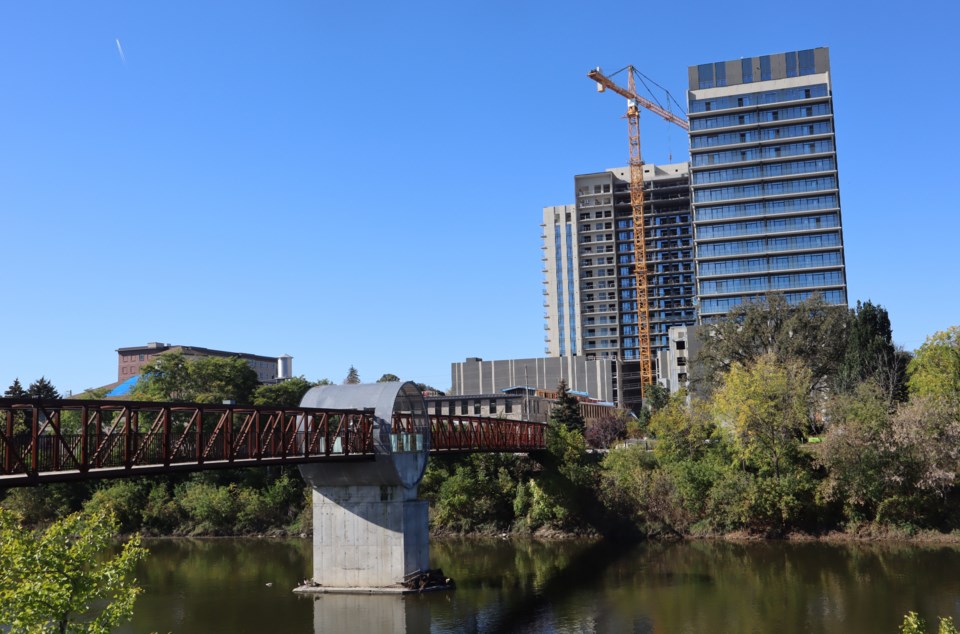Continuing to exempt developers from paying development charges in the city’s three core areas could cost the city an estimated $26 million over the next five to 10 years, says a city staff report.
The huge financial hit has staff at the City of Cambridge recommending council vote to eliminate the core exemption policy immediately and the city is hosting a public meeting Feb. 15 to discuss the matter with council.
Development charges are fees charged to developers to cover a municipality’s growth-related capital expenditures on infrastructure and service improvements.
The city drafted its first policy to waive DCs in the city's three core areas in 2015 to encourage infill and brownfield development. It created another bylaw around core DC exemptions in 2019.
Back then, it was estimated the city would only lose out on $1.7 million in DCs annually “based on qualitative analysis that the City of Cambridge was less established in its infill growth in core areas compared to Waterloo and Kitchener."
The City of Waterloo eliminated its core area DC exemption in 2009 and the City of Kitchener eliminated its exemption in 2019.
While the program is considered a success in Cambridge because it helped secure developments like the Gaslight District condo towers, the Cambridge Mill condo and hotel, the Shade Street condos, and several others in the pipeline, the city has missed out on an estimated $25 million in revenue while still needing to fund improvements like roads, water and wastewater, not to mention so-called soft services like fire, libraries and parks and recreation.
“While work towards vibrant and attractive cores continues, this should be balanced with the cost to taxpayers in order to keep tax rates affordable,” reads the report.
The city estimates $24.5 million in DCs will be generated from core area developments with current open zoning by-law and/or site plan applications.
And based on existing pre-consultation planning files and other potential development, there is potential for $26 million in additional DCs from core area developments.
Staff said the amount is based on the current DC rates and would be subject to further indexing over time.
Since the timing of known and potential developments is difficult to estimate with certainty, staff estimate the time frame for this activity is over the next five to 10 years, says the report..
“This anticipated amount of core areas D.C.s, totalling $50.5 million, vastly exceeds the amount anticipated when the City’s D.C. By-law 19-094 was enacted in 2019,” says the report.
“The significant increase in forecasted D.C.s reflects the substantial improved outlook of core areas development, and the projected cost of funding the waived D.C.s has become potentially unaffordable for tax and rate payers.”
According to its own bylaw the city is supposed to provide at least three years notice in advance of changes to the core area DC exemptions taking effect.
But staff argues that recommendation was based on the growth conditions of the day and prior to legislative changes that were enacted in 2019 and 2020.
The report says that effectively “freezes” the DC by-law for a development at the time of a complete site plan or zoning by-law amendment application for any applications received on or after January 1, 2020.
It means, should the city amend its DC bylaw on April 5, 2022 to remove the core areas exemption, any complete zoning bylaw amendment or site plan applications that were received between January 1, 2020 and April 5, 2022 would continue to be eligible for the core areas exemption.
The Feb. 15 meeting begins at 10 a.m. and will be broadcast on the city’s YouTube Channel.



